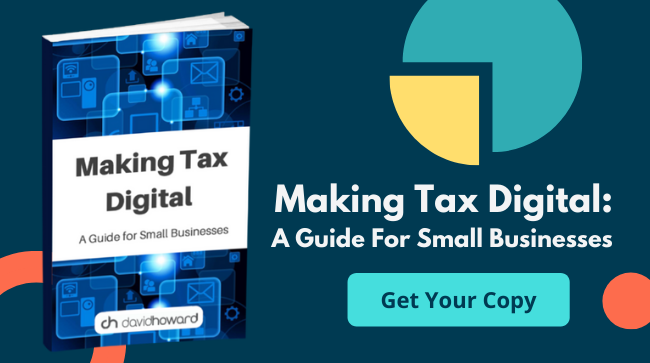Be Prepared For Upcoming Changes To IR35

As a contractor or freelancer, you may have heard about upcoming changes to IR35 but are unsure of what these mean for you. What is IR35 and how will the changes affect you? Read on to find out more.
What Exactly Is IR35?
The purpose of the IR35 rule is to ensure that people who provide services via their limited companies, and who are doing much the same work as an employee, pay a similar amount of tax.
How Do I Know Whether The IR35 Rules Apply To Me?
Currently, the usual full amounts of PAYE and National Insurance which would apply to an Employee generally may, in many circumstances, not be applied to people who provide their services through an intermediary, such as a limited company through which they send an invoice and receive their pay.
But if you could be considered to be working just like an employee – for example you work for a single client over a long period of time – then the rules could apply and you could have to pay tax and National Insurance.
There are a number of criteria to help you work this out, and HMRC’s employment status indicator tool can be used as a guide to check your employment status for tax.
What Are The Changes & What Do They Mean For Me?
Changes to IR35 will come into effect from 6th April 2020. Up to this date, if your client is from a small or medium sized company then the onus is on them to determine your employment situation. For those working in the public sector the onus is already on the public body.
If your client is in the private sector, your intermediary (which could be your own limited company) will be responsible for deciding your employment status for every contract.
If the IR35 rules do apply to the contract you are working on, you will need to pay any tax and National Insurance contributions due.
Looking at the bigger picture, many people who are currently self-employed may go back to PAYE roles, costs may increase for clients as workers increase their fees, and workers may receive less as a result of higher taxes.
How Do I Prepare For The Changes?
You can read the government’s guide to the changes here to help you prepare.
And if you would like friendly, professional advice, get in touch with David Howard to find out how we can help you prepare for the upcoming changes.
Image source: Pixabay
Posts by Topic
- Accounting Services (58)
- Tax Services (57)
- Tax (50)
- Smart Accounting Services (34)
- Tax Return (29)
- Corporation Tax (26)
- COVID-19 (24)
- sme accounting (24)
- Clients (19)
- Switching Accountants (16)
- VAT (15)
- Making Tax Digital (13)
- News (13)
- Xero (13)
- Dividend Tax (12)
- bookkeeping (12)
- Payroll (10)
- Cloud Software (9)
- Capital Gains Tax (6)
- Inheritance Tax (3)
- Savings (3)
- Benefits In Kind (Employee Benefits) (2)
- Case Studies (2)
- Stamp Duty (2)
- Trust (2)
- Trust Account (2)
- GDPR (1)
- Insider (1)
- Lifetime ISA (1)
- Retirement Savings (1)
- Wear & Tear Allowance (1)

